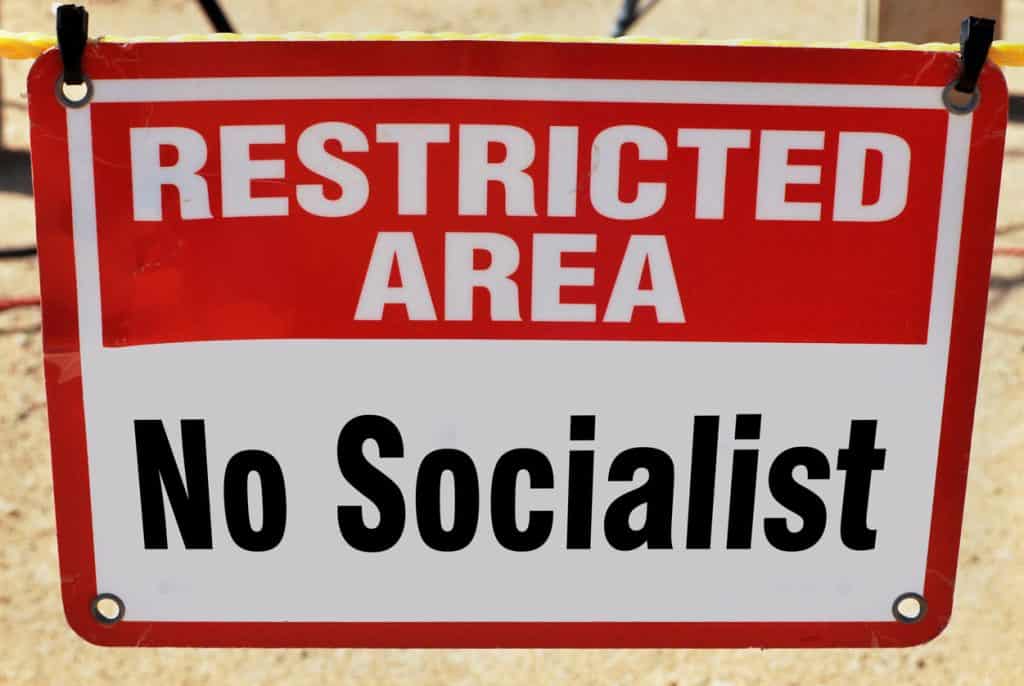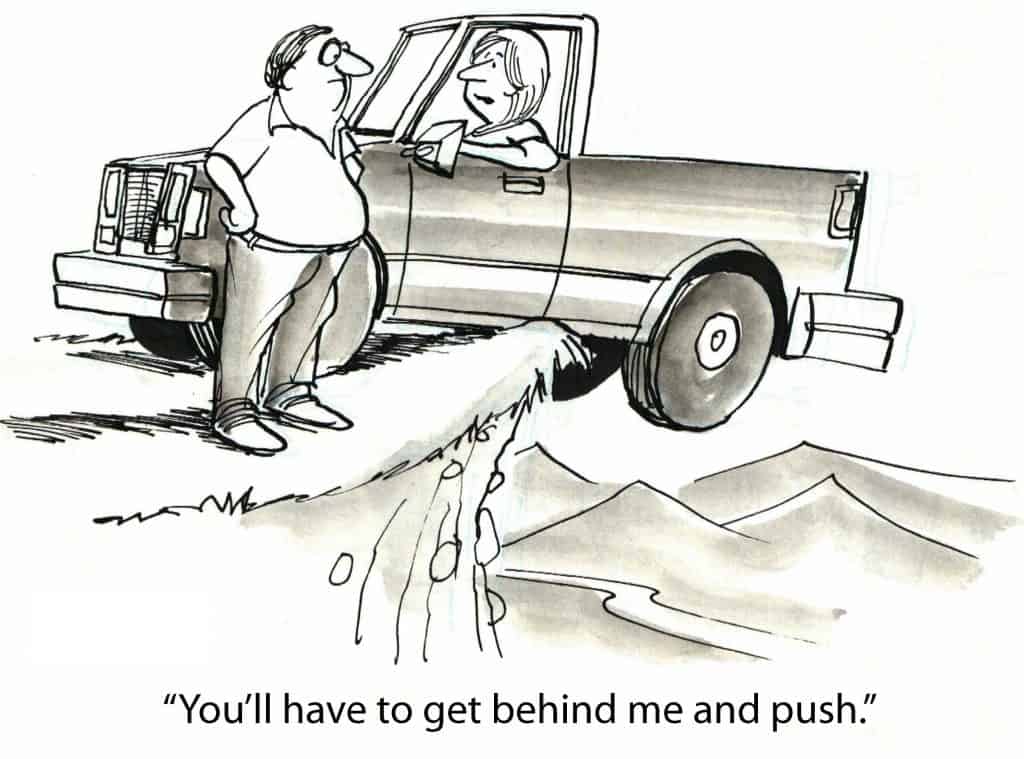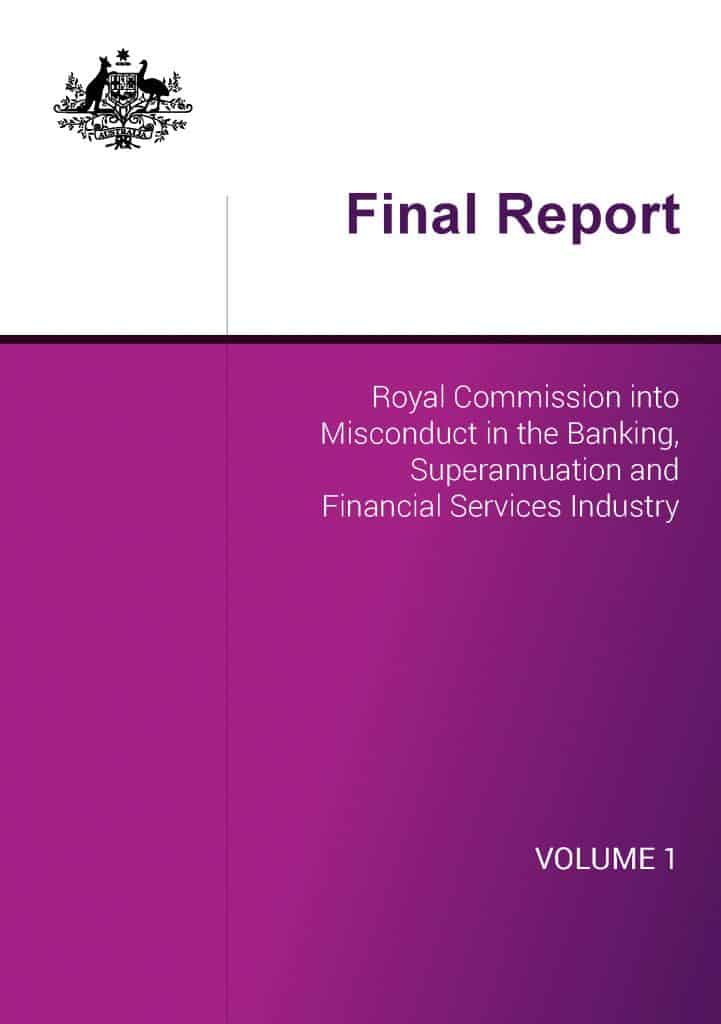
The occupational health and safety (OHS) profession is being affected by demographic changes as much as any other profession. Younger people seem to have a very different expectation on how to interpret and apply OHS, and older people are tired of being lectured to, and this is putting pressure on those who organise events, seminars and conferences and those who mentor and educate in a range of ways.
Some organisations and conferences are responding by reconfiguring the provision of information away from the lecture format of an expert to a mix of communication methods. This blog has written about some of those that occurred in the last two years. These conferences are less academic than in earlier days. Rarely is a conference accompanied by a handbook of research-based conference papers; some provide no papers at all and slideshows delivered a fortnight after the event are devoid of context and next to useless.
Continue reading “In order to grow, OHS needs economists, philosophers, ethicists and gender specialists”



